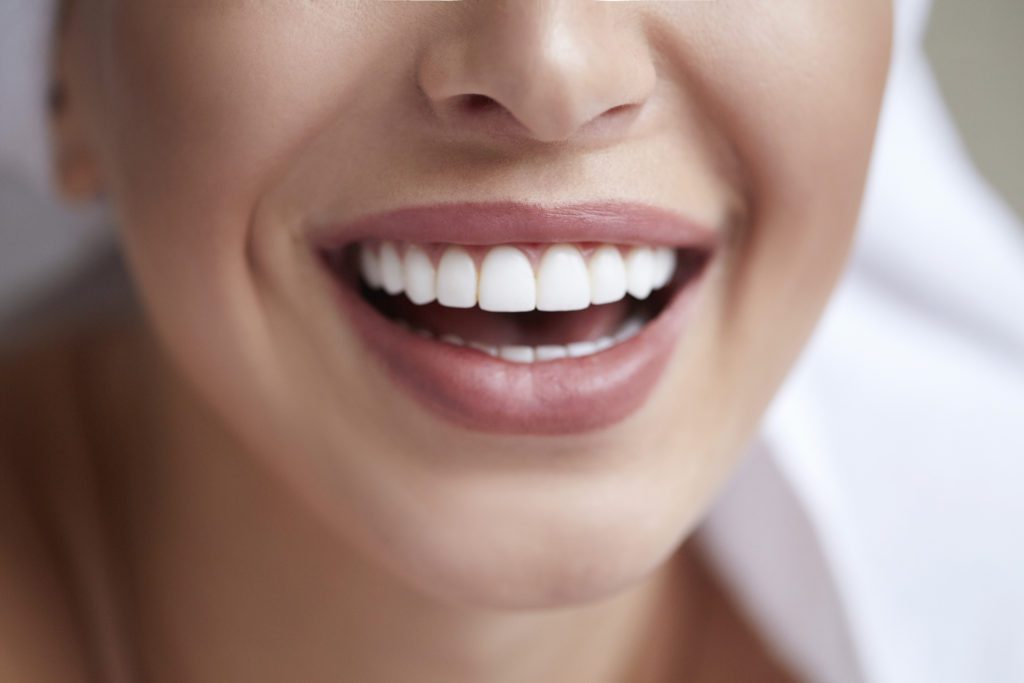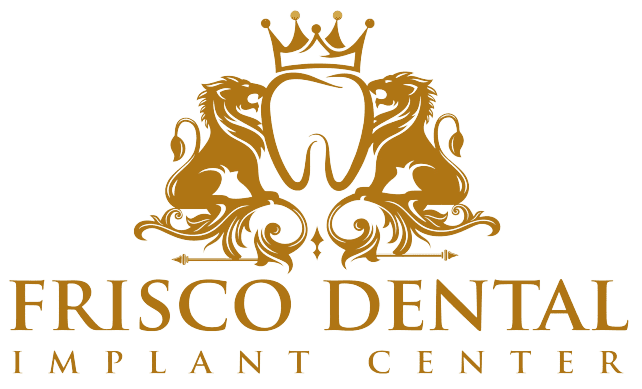Post-Op Instructions
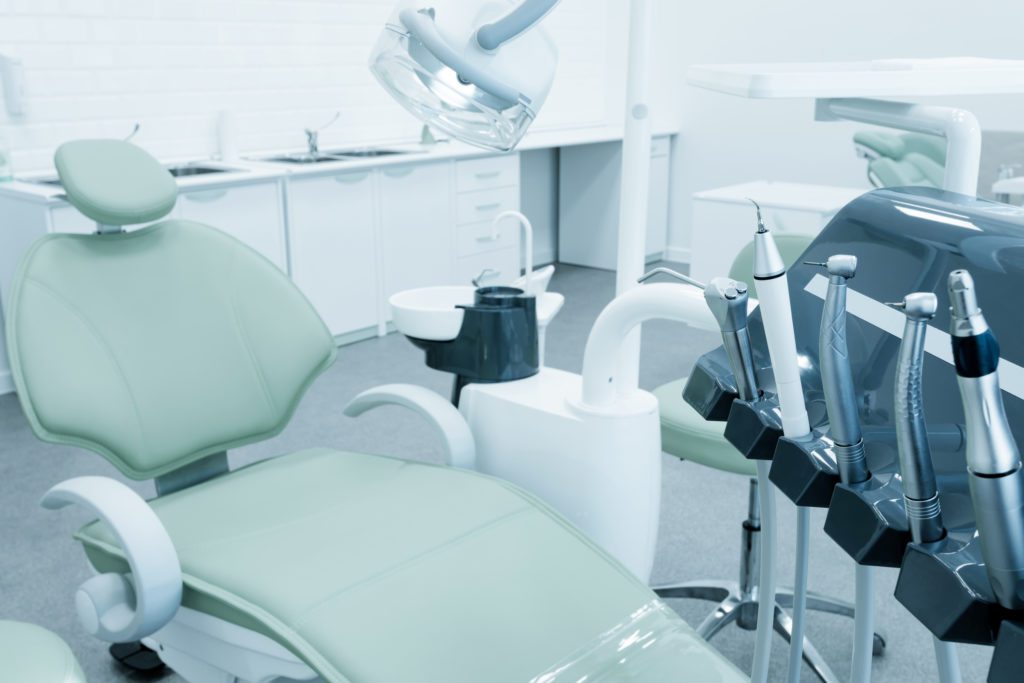
Post-Op Instructions
At Frisco Dental Implant Center, our doctor and team want to make sure that your visit and treatment are successful. In order to help you recover properly, we will provide you with post-op instructions. If you have questions or a concern after your appointment, call us today to schedule a follow-up visit with Dr. Alecia Hardy.
When you complete any procedure at our office, our doctor and team will provide you with instructions on how to care for the treated area properly and about what you can expect to experience post-treatment. Some of these instructions have been provided below. If you have any questions about our post-op instructions, please contact our office.
Dental Crowns and Bridges Post-Op Care
After you have received a dental crown or bridge, do not eat for at least two hours or until the anesthesia has worn off.
You may have had a temporary crown or bridge placed while your final restoration was being created. This temporary protects your exposed teeth and prevents them from shifting or moving. Avoid chewing on sticky foods such as gum or caramels, as they can dislodge the temporary restoration. You may brush your teeth normally, but make sure to pull the floss through rather than lifting up so as to not dislodge the temporary. If your temporary comes off, you can slip it back on and call our office so that we can re-cement it for you.
You may also experience some sensitivity, especially to hot or cold foods and beverages after your treatment. This is normal. You can take a mild pain reliever, such as Tylenol or Advil, or rinse with warm saltwater (half-teaspoon of salt per 8 ounces water) to relieve this discomfort.
After your final crown has been placed, continue to brush and floss normally. If your bite feels unbalanced, call and make an appointment with our team for an adjustment.
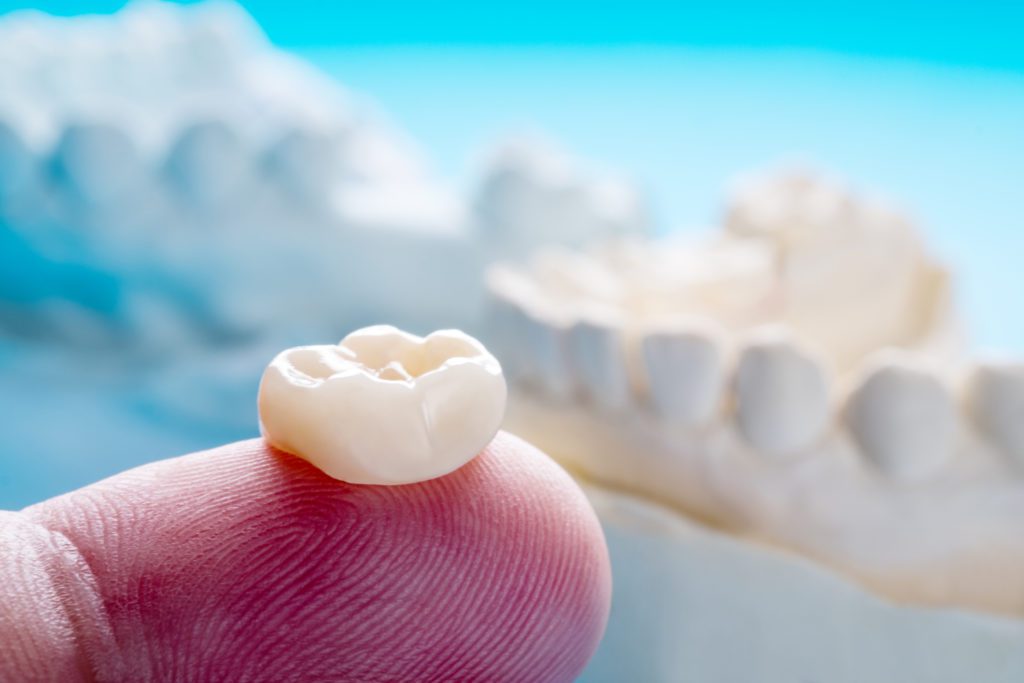
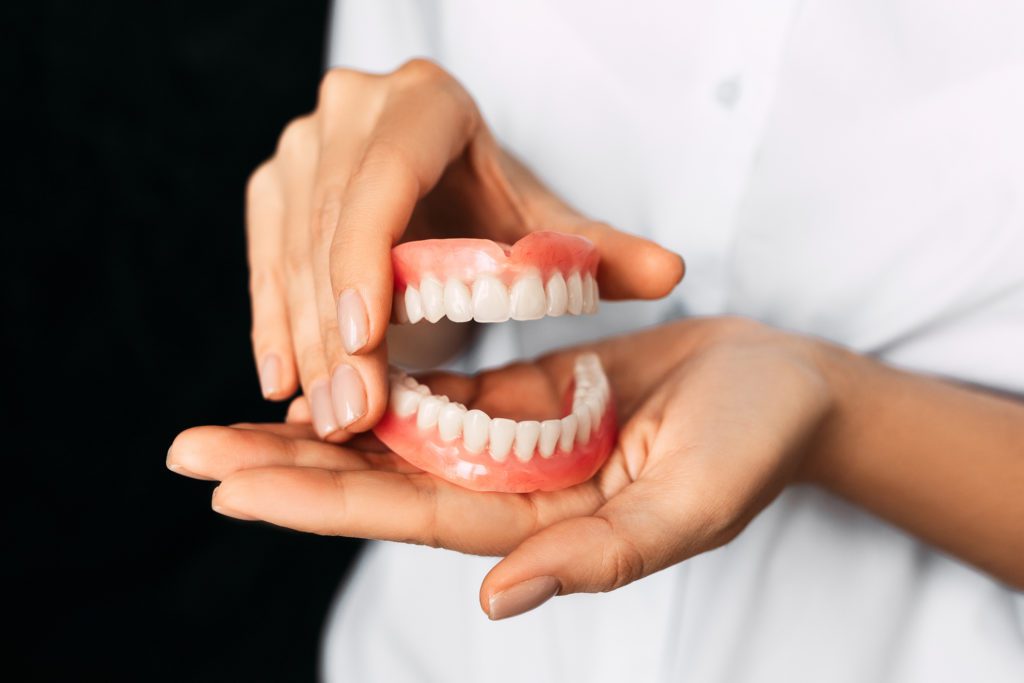
Dentures Post-Op Care
Your dentures may feel awkward at first. Your speech may seem altered, and you may feel that your mouth is too full. As you adjust to wearing your appliance, these problems will subside. Most new dentures require a period of “breaking in” while you adjust to them. This adjustment period varies between patients.
Make sure to care for your dentures by cleaning them after each meal with a soft brush and cleaning paste or soapy water. You should also remove your dentures for at least six hours each day to give your gums a rest — for example, remove them when you go to sleep at night. During this time, place your dentures in a small tub of water to prevent them from drying out. At least once a week, use a cleaning solution instead.
Your dentures should be checked at least once annually so that they can be adjusted to any changes in your mouth and receive routine maintenance. If you have problems with your dentures, contact our office immediately to make an appointment.
Tooth Extractions Post-Op Care
After you have had a tooth extracted, you will have an initial healing period of one to two weeks. Below are some instructions to help you recover following your procedure.
Bleeding
It is normal for minor bleeding to occur for the first 24 hours after surgery. If heavier bleeding occurs, you may:
- Place a tiny piece of gauze over the surgery site.
- Bite firmly on the gauze for at least 30 minutes. DO NOT chew on the gauze.
- DO NOT disturb the extraction site by drinking through a straw, placing your tongue in the extraction site or smoking for the first 24 hours. It is important for the blood clot to stay in the extraction area to avoid dry socket.
Rinsing
- DO NOT do any spitting or rinsing the day after your surgery.
- 24 hours after surgery you may gently rinse with warm salt water (1 tsp. salt to 8 oz. warm water).
- You may brush your teeth and tongue the day of the surgery, being careful not to disturb the extraction site.
Bony Fragments
You may notice some bony fragments in the area of the surgery. This is normal and will resorb on its own. Please remember that it may take a few months for the bone fragments to resorb.
Pain or Swelling
It is normal to experience some degree of discomfort and swelling within the first 24 hours. You may place an ice pack on the area over your face for 20-30 minutes at a time for the first 36 hours following your extraction. Intervals of 20-30 minutes on and 20-30 minutes off should be followed.
Antibiotics
If you were given an antibiotic prescription, take all medication as directed until it is gone. Women: some antibiotics can reduce the effectiveness of birth control pills. Use alternate birth control methods for two months.
Activity
After leaving he office, rest and avoid strenuous activities for the remainder of the day. Keeping your blood pressure lower will reduce bleeding and aid healing.
Follow-Up Appointments
You may need to return to the office to have sutures removed or for a brief follow-up healing check. Our team will help schedule this appointment.
Eating
While you are still numb:
- You may drink beverages such as water, juice, ice chips and popsicles
- You may eat foods such as applesauce, Jell-O, pudding, yogurt and milkshakes (no straw!)
Soft Foods After Numbness is Gone:
- Mashed potatoes
- Pasta
- Pancakes
- Eggs
- Creamed cereals
- Soups (be careful that your soup is not too hot)
You should start with a softer diet for the first 24-48 hours after your surgery. If the surgical site feels a little better you can progress to a normal diet as you feel comfortable. Avoid eating on the side of the surgical site until it has healed.
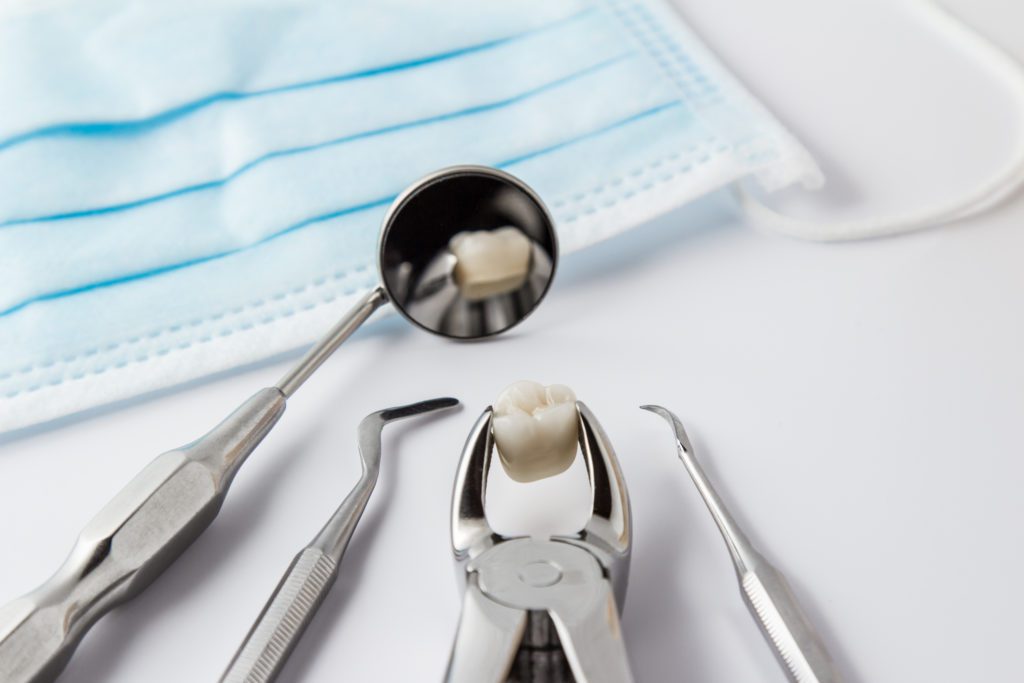
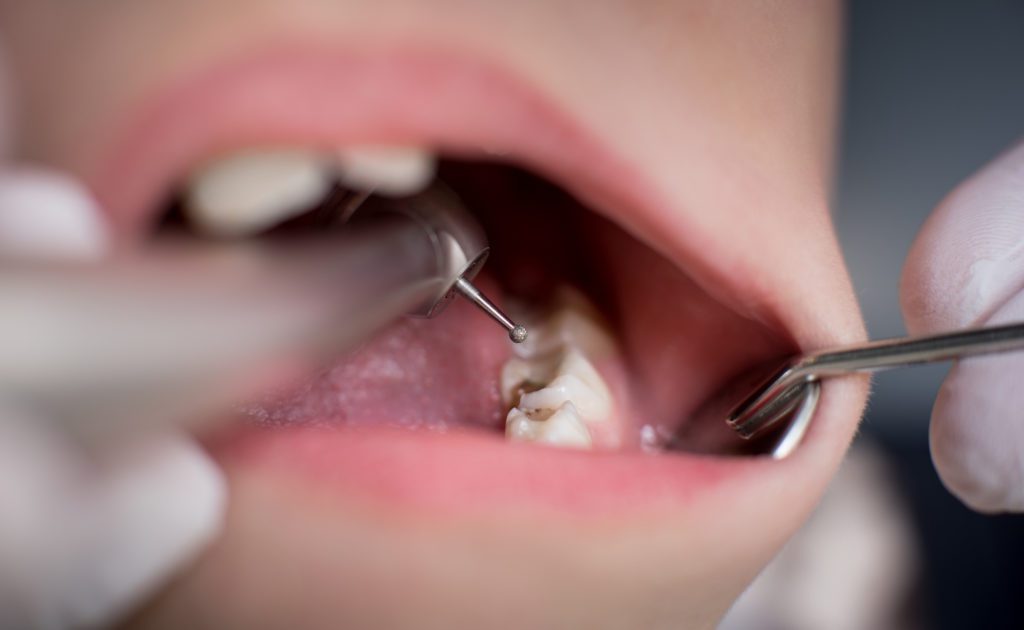
Dental Fillings Post-Op Care
After receiving a dental filling, refrain from eating for at least two hours or until anesthesia has worn off.
You will experience some sensitivity for a few days following treatment. Avoid hot and cold foods and beverages during that time. If your gums are tender, rinse them with warm saltwater (half-teaspoon of salt per 8 ounces of water) or take a mild pain reliever, such as Tylenol or Advil.
Resume regular brushing and flossing immediately to keep your teeth healthy, prevent cavities and ensure the longevity of your dental fillings.
Dental Veneers Post-Op Care
Dental veneers usually require some removal of tooth structure, which means that you will need to take care between appointments to care for your teeth and ensure your treatment goes as planned.
During both appointments, you will receive a local anesthetic. Once you get home, do not eat for about two hours or until the anesthetic has worn off. You will also experience some tooth sensitivity, especially to cold, following treatment. Avoid hot or cold beverages for the first few days and use mild pain relievers to help manage any pain.
- Temporaries – Temporary veneers will be placed on your teeth for protection after your first appointment. While wearing your temporaries, avoid sticky foods and floss gently to avoid dislodging the temporary veneers. If a temporary does come off, please call our office so that we can replace it for you.
- Post-Placement – It may take several days to get used to your veneers after they have been placed. If your bite still feels unbalanced after a few days, please call our office and make an appointment for an adjustment. Resume brushing and flossing as normal immediately to maintain a healthy mouth and increase the longevity of your restoration.
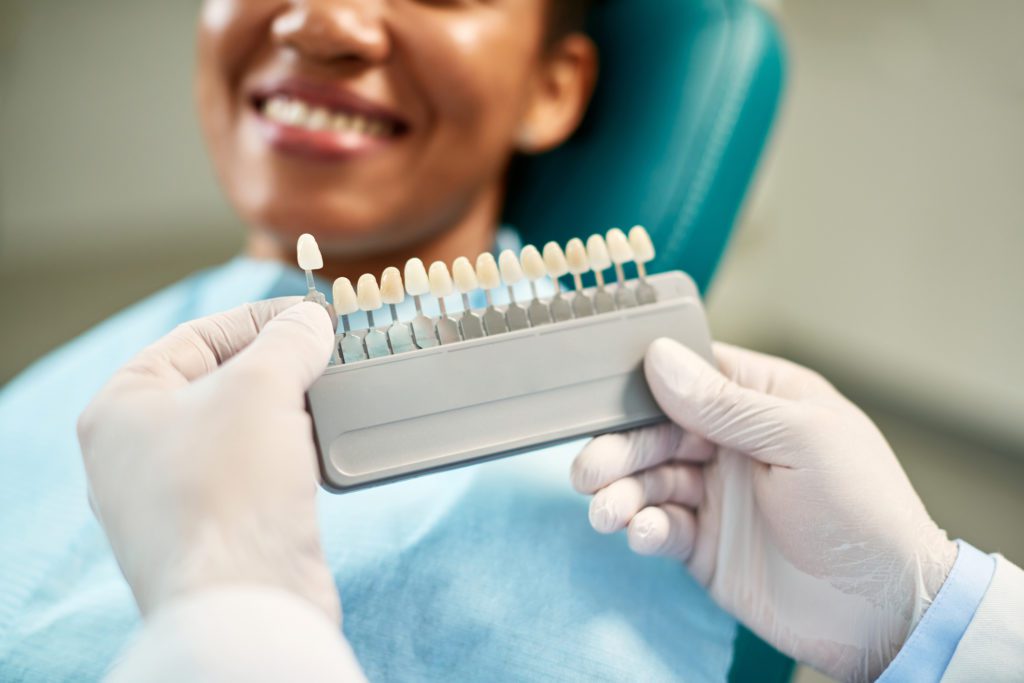
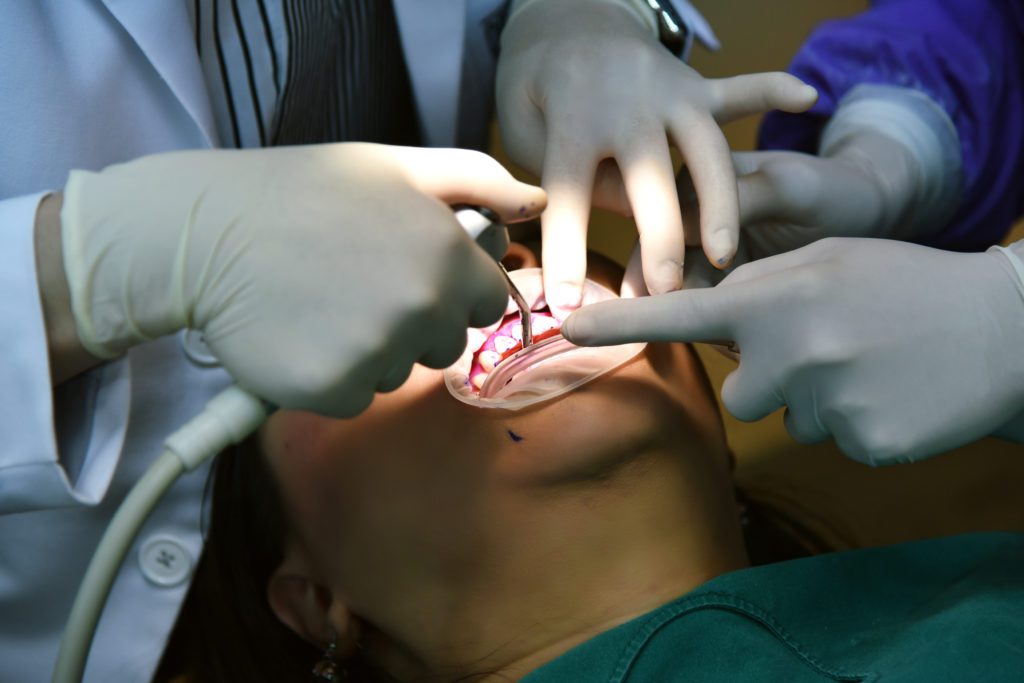
Gum Surgery Post-Op Care
Caring for your mouth properly following gum surgery is critical to the success of your procedure. After your treatment we recommend that you:
- Do not eat for about three hours after your treatment, then maintain a soft diet for two to three days. Avoid alcohol, carbonated drinks, and hard or brittle foods that could injure the surgical site. Be sure to stay hydrated.
- Take all prescribed antibiotics and medications as directed. You may use a non-aspirin pain reliever as needed. If you have a reaction to a medication (nausea, a skin rash, etc.), stop taking the medication immediately and contact our office.
- Slight bleeding and oozing after gum surgery is normal and may occur for up to 48 hours after your procedure. If bleeding persists, you may apply a moistened gauze pad or tea bag to the site at 20-minute intervals. Keep your head elevated. If bleeding does not stop, please call our office.
- Use an ice pack or cold compress to help reduce swelling.
- Maintain good oral hygiene. Brush your teeth very lightly the first night. You may resume flossing gently again the next day. Do not use any irrigation devices (such as a Waterpik®) until you are cleared to do so.
- Do not smoke for at least 48 hours. Smoking can cause significant delays in the healing process.
Scaling and Root Planing Post-Op Care
In the first 24 hours after your procedure, you should avoid:
- Eating for at least two hours or until anesthesia wears off
- Vigorous physical exercise
- Drinking through a straw or other sucking actions
- Smoking or using other tobacco products
- Alcohol
- Foods that are spicy or extreme in temperature
- Strong mouthwashes that contain alcohol
We also recommend that you:
- Take a non-aspirin pain reliever to alleviate tenderness and discomfort, such as ibuprofen, Advil or Tylenol
- Maintain a soft, well-balanced diet
- Rinse with warm saltwater rinse three times a day (half-teaspoon of salt per 8 ounces of water)
- Brush your teeth very lightly in the treated area. You may begin gently flossing the day after treatment. You may brush and floss normally after one week.
- Use all prescribed rinses and medications as directed
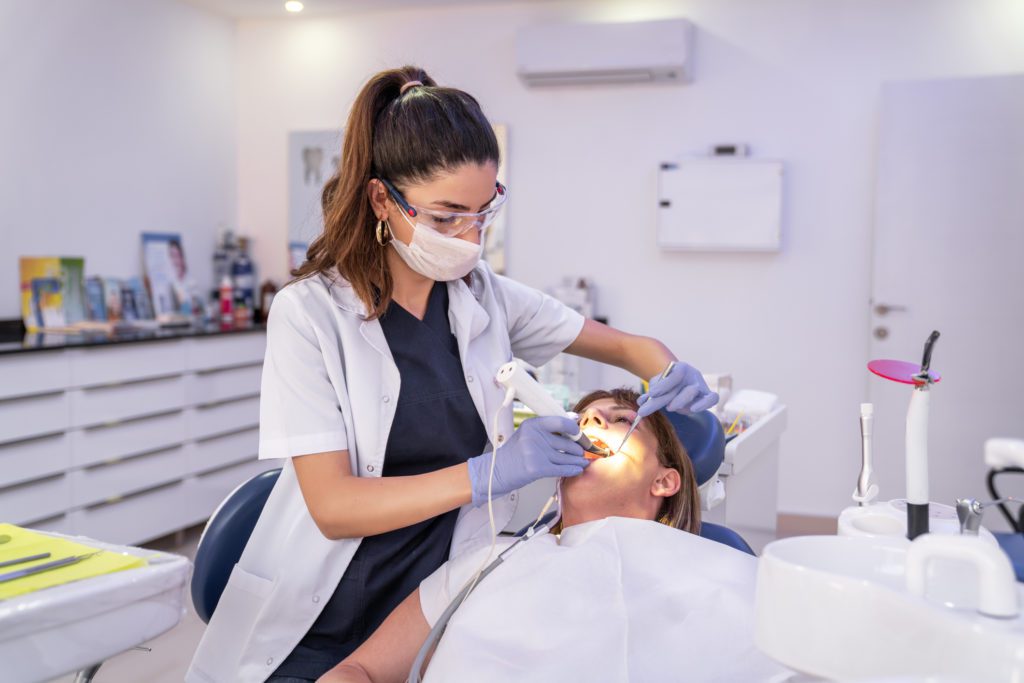
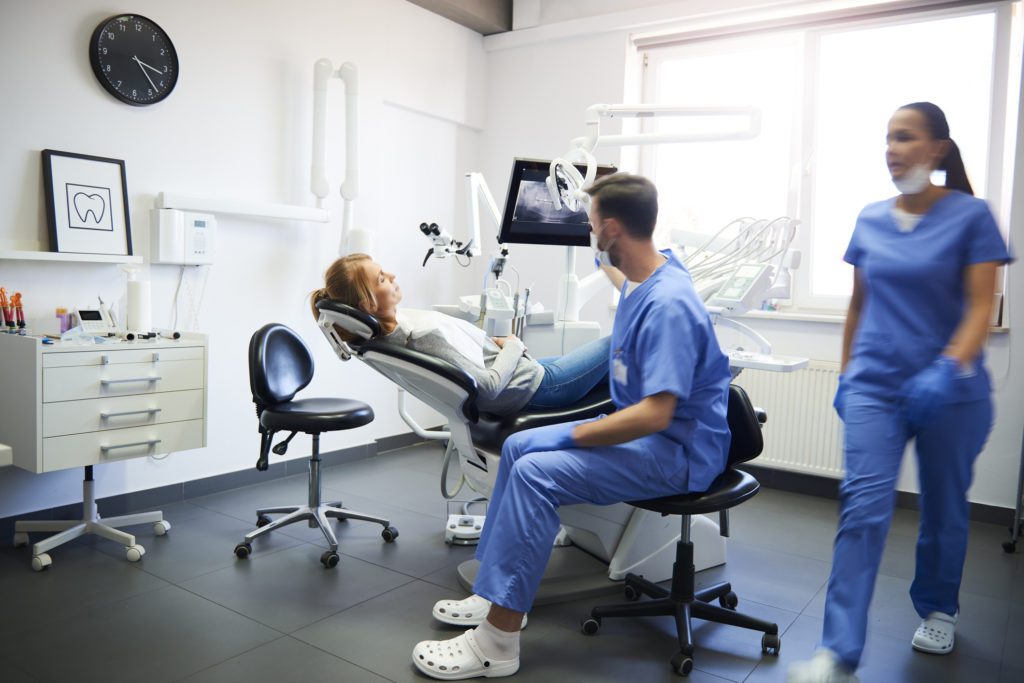
Root Canal Treatment Post-Op Care
After your root canal treatment, do not eat for at least two hours or until any anesthesia has worn off. Your treated tooth will be sore, so you should avoid hard and chewy foods until discomfort subsides. This typically takes seven to 10 days.
Take all antibiotics and medications as prescribed. If you experience any of the following symptoms, please contact our office:
- A reaction to prescribed medication
- Increasing tenderness or swelling in the area of the treated tooth
- The temporary filling or crown becomes dislodged
- The treated tooth fractures
Teeth Whitening Post-Op Care
The first 48 hours after completing a professional teeth whitening treatment are crucial to maximizing the impact of the treatment on your smile.
You should avoid eating or drinking foods and beverages that stain, such as:
- Red wine, cola or other sodas, coffee, and tea
- Berries (cherries, blueberries, strawberries, etc.)
- Tobacco products
- Red sauces (mustard, ketchup, soy sauce, etc.)
We also recommend that you:
- Avoid staining habits
- Use an electric toothbrush
- Keep your regular dental appointments
- Practice good oral hygiene
- Use whitening trays to touch up your teeth as needed
You may also experience some sensitivity for the first 24 hours after treatment. This sensitivity should subside after 24 hours.
